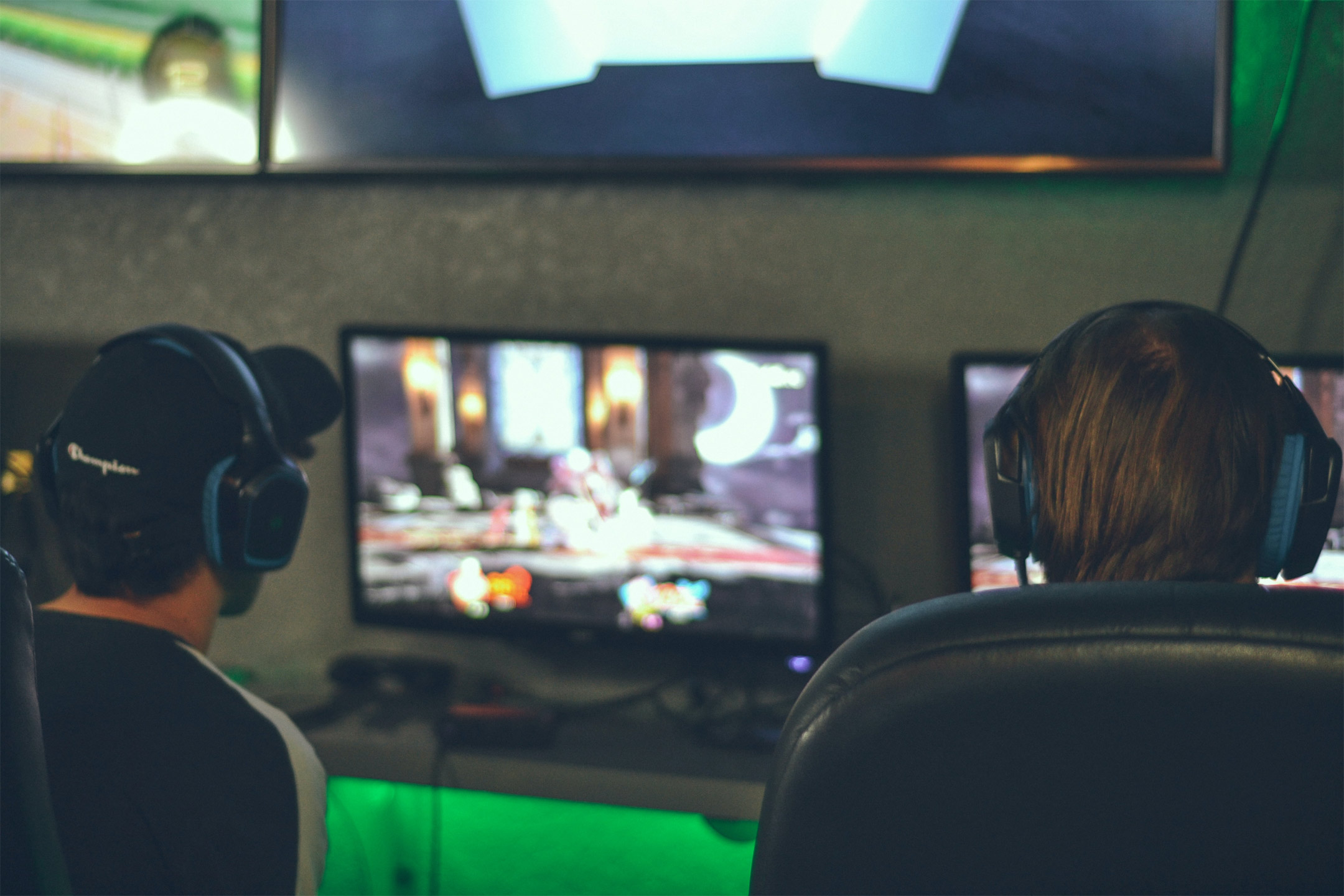
12 Jan Game on for collaborative learning
Holding a conversation, working in a group, giving constructive feedback and dealing with conflict are vital interpersonal skills that contribute to an empowered and connected life, reports Dr Matthew Harrison
While some people seem to acquire these skills effortlessly, others facing social challenges can require additional support. This includes the autistic community – an estimated 205,000 Australians with prevalence highest in children aged five to 15 years.
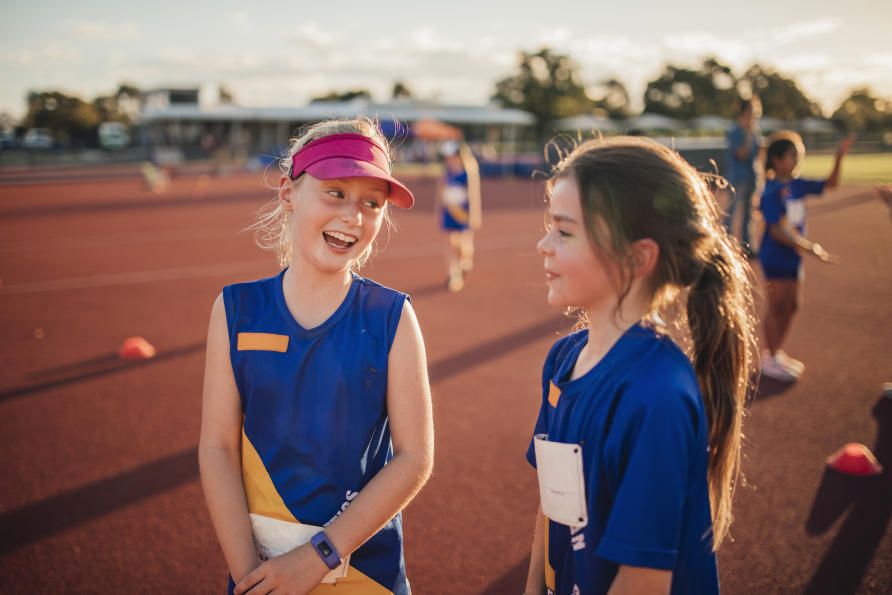
Fortunately, we are now beginning to think of these challenges as stemming from social differences, rather than seeing them as deficits. In education settings for neurodiverse children, this has helped shift the emphasis towards teaching transcultural collaborative skills that are important for every child to develop.
Early in my teaching career, I found myself working with a cohort of students who were each on individual learning plans and had social-emotional differences. Several were autistic or had Attention Deficit Hyperactivity Disorder (ADHD), while others had no specific labels of diagnosis.
What they all had in common was a need for additional support in developing sustainable friendships and learning the skills to be able to work together in teams while remaining true to themselves.
Importantly, they also all identified as “gamers” and that is when I first experimented with using video games for teaching social skills. I created a weekly, drop-in lunchtime gaming club and was surprised how several of the students began to exhibit new skills in cooperating and sharing information.
Digital games as a teaching tool
The popularity of gaming as a hobby has surged over the past 30 years, with 17 million Australians now reporting that they regularly play video games.
As gaming has become mainstream, so too has the use of digital games as tools for teaching in education around the world.
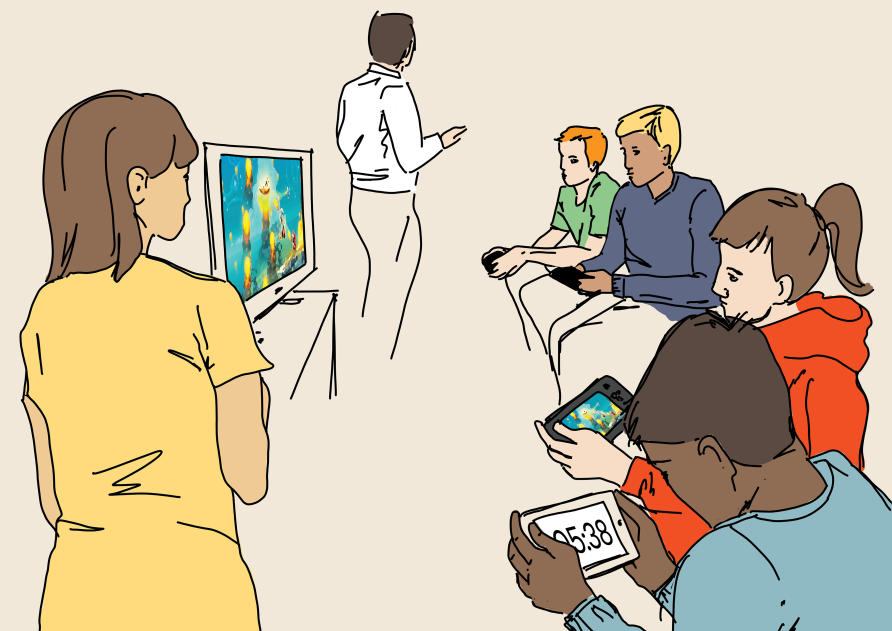
Studies have shown that playing video games and identifying as a gamer can support a sense of belonging among young people, which can be particularly valuable for those with disabilities and neurological differences.
Several years after my experience with the lunchtime gaming club, I embarked on a research project to investigate how cooperative video games could support children with social-emotional differences to develop targeted social skills.
Supporting students to become proficient in learning and using collaborative skills requires them to both acquire knowledge of the steps in performing the skill and an understanding of why each skill can be important, and then recognise when to perform the skill to benefit the team.
The central role of the teacher
As part of my research, five students with a diagnosis of autism or Down syndrome participated in a 10-week collaborative gaming program teaching 15 targeted collaborative skills, ranging from “taking turns” and “doing our jobs” (participation), through to “asking for help” and “giving feedback”.
Each workshop was filmed, and the data was analysed, producing valuable insights into the conditions that can promote skills in social interaction. For example, during the first session none of the students was able to demonstrate the targeted skill of “offering peers help”, but by the final session, the skill was observed being used by members of the group on 10 separate occasions.
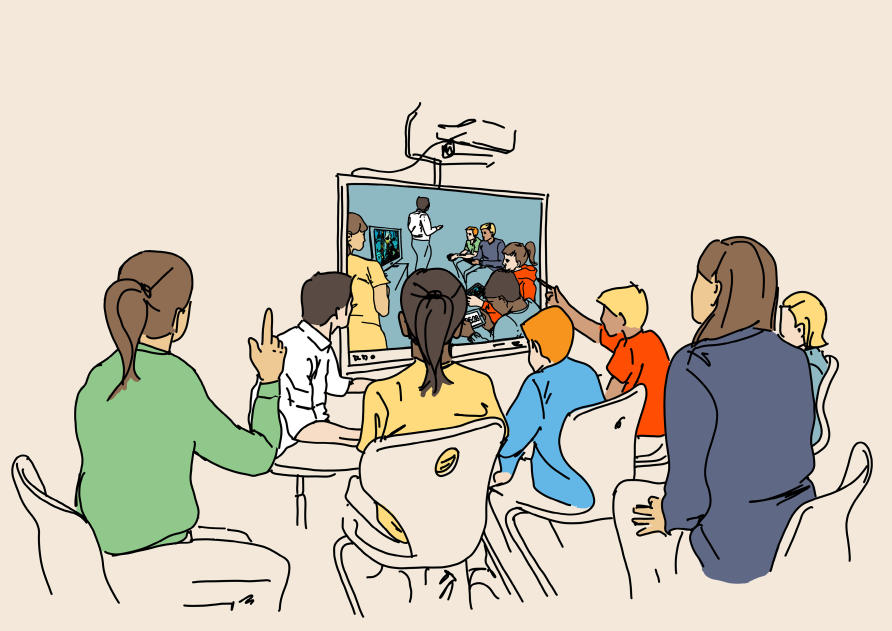
Filming the workshops provided us with ample footage that we could edit into video models for providing children and their teachers with explicit examples of how the targeted skills could be performed and the contexts in which they were useful during play.
When considering how best to support students to acquire new skills, explicit instruction has been found to be a highly effective method of teaching most novice learners and developing foundational knowledge.
This approach typically involves a teacher clearly explaining a new skill to students before breaking it down into the small steps required to perform the skill. We adopted the same approach with the aid of video modelling and soon began to see positive results.
Among the children instances of them “using our voice to give instructions” rose from 44 to as high as 122 over the course of the intervention, while instances of “sharing task information” rose from 25 to more than 100 in each of the latter four sessions.
Significant interactions during gameplay were also examined in greater detail, in order for the teacher-researcher to better understand what led to each child using a particular skill and their success in using the skill.
One of these events occurred in the third session as students were playing the game Rayman Legends. On reaching a challenging level, one player was required to clear a path blocked by gates, traps, and other obstacles. If they failed, fellow players would be consumed by a wall of fire. Students showed signs of becoming frustrated at the high stakes and increasing urgency of this task.
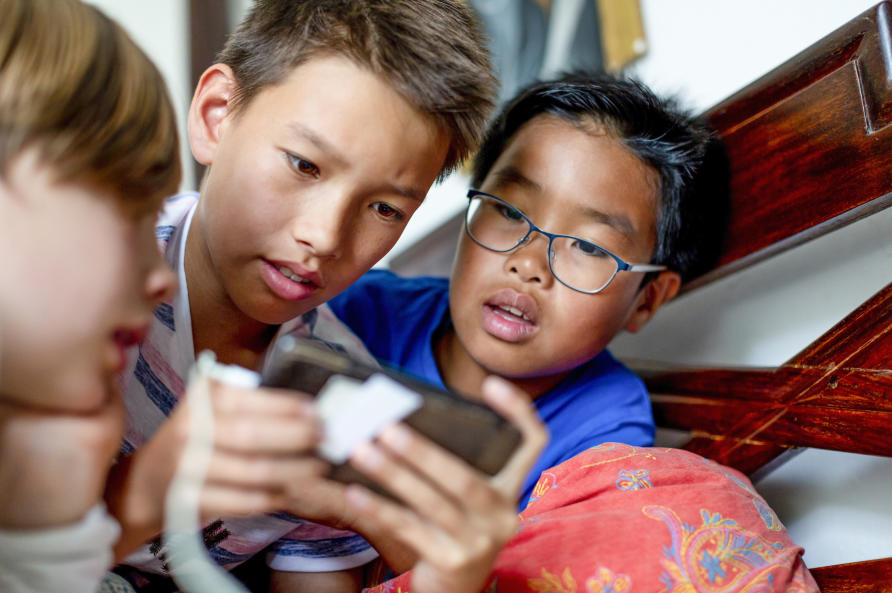
One student, Falcon*, attempted to guide his teammate Pit* by using just one or two-word phrases or making non-verbal gestures towards the screen, resulting in multiple failures.
The scenario turned out to be an ideal opportunity for teaching staff to guide the players in using strategies to regulate their emotions and identify the language required for giving instructions that could be understood by the other player.
The teacher-researcher carefully coached both players at the point of need and, as a result, Falcon and Pit became more receptive to each other’s feedback and more synchronised in their actions. They successfully cleared the level.
Were to from here?
Whether explicitly explaining the contextual rules around taking turns or modelling problem-solving processes by ‘thinking aloud,’ teachers played a leading role throughout the intervention.
While the research provides a guide for how schools might implement a structured, social skills program to support neurodiverse students, more work is needed to establish whether the skills learned as part of a collaborative games-based intervention successful convert to real-world scenarios.
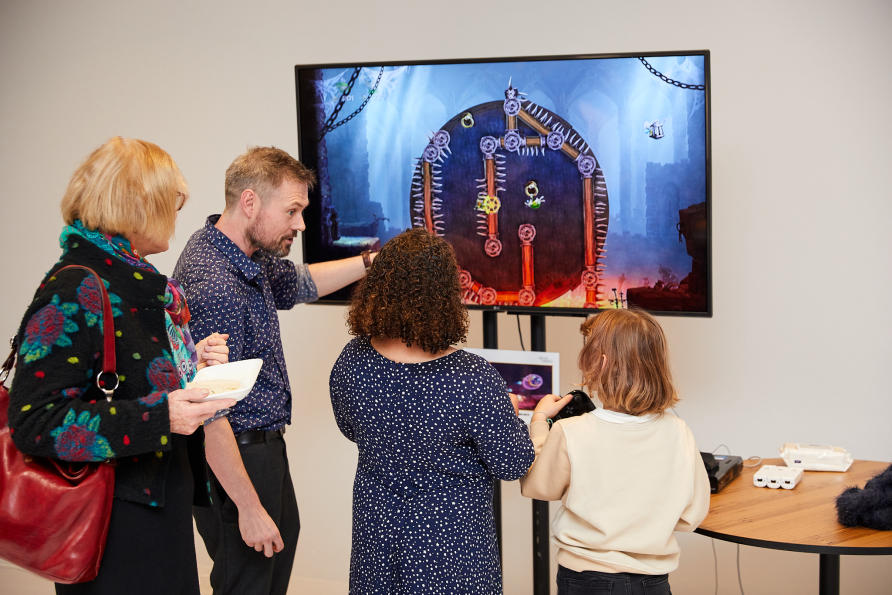
Celebrating neurodiversity means we need to recognise that there are different ways these skills can be performed and that we need to have a dialogue with neurodiverse individuals and their families about what really matters to them.
Teaching needs to be culturally responsive and be done in a way that is neurodiverse affirming. For example, it is important that every child learns to listen to others but there are many different ways we can show that we are listening.
This is something we are eager to explore at Next Level Collaboration, a recently established social enterprise supported by the University of Melbourne. Our evidence-informed social capacity-building workshops for neurodiverse children will soon be expanded to additional sites and we look forward to collecting more data that enables us to evaluate the impact of our support programs.
Families with autistic children go to great lengths to find support programs that balance the effective learning of collaborative skills while respecting the differences of our neurodiverse communities. For many parents finding a suitable program that achieves this can be challenging.
It is imperative then that facilitators ensure that the programs they offer are informed by both robust research-informed practices and the voices of those we seek to support.
* Names have been changed to protect the anonymity of research participants.
Dr Matthew Harrison and Story Producer: Andrew Trounson

